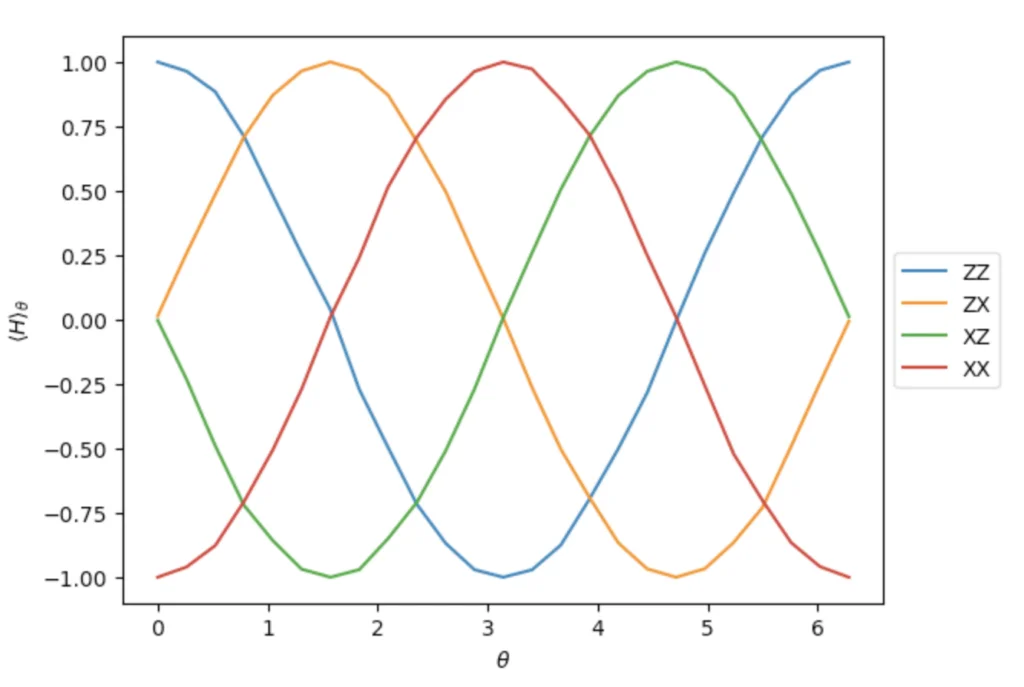Insider Brief
- The European Quantum Industry Consortium (QuIC) warns that Europe risks losing its scientific advantage without urgent action to turn research excellence into industrial leadership.
- The position paper calls for stronger funding, infrastructure access, and a €2 billion-per-year Quantum Sovereignty Growth Fund to support startups, scaleups, and IP protection.
- QuIC urges the EU to elevate software, adopt defence and space testbeds, expand skills training, and embed sustainability to secure technological sovereignty by 2030.
Europe risks becoming a customer of foreign quantum technologies unless it acts decisively to translate research excellence into industrial leadership, according to a new position paper from the European Quantum Industry Consortium (QuIC). The paper, drafted in response to the European Commission’s Quantum Europe Strategy: Quantum Europe in a Changing World (COM(2025) 363), urges the European Union to scale up investment, streamline governance, and align its member states under a unified vision.
“Europe cannot afford to let its scientific leadership falter at the junction of discovery and deployment,” the analysts write/ “The Quantum Act must embed a coherent, inclusive, and ambitious R&I strategy to transform Europe into a global quantum powerhouse.”
The Commission’s strategy lays out five pillars: research and innovation, infrastructures, ecosystem building, dual-use and space applications, and skills. QuIC welcomes the ambition but says implementation must fill structural gaps. The group calls for “preserving space for bottom-up initiatives” in the proposed Quantum Act to ensure startups and small labs can pursue early-stage breakthroughs without being crowded out by top-down funding structures. Infrastructure access is another priority.

Researchers and SMEs lack sufficient access to nanofabrication facilities, cryogenics, and cleanrooms needed to move inventions from the lab toward prototypes. QuIC recommends EU-backed facilities tied to startup and scaleup programs, preventing talent and companies from migrating abroad for better resources.
Building Quantum Infrastructures
QuIC supports the Commission’s goal of reaching 100 error-corrected qubits by 2030 but stresses the importance of “quality key performance indicators” such as coherence time, logical qubit fidelity, and scalability, rather than focusing solely on raw qubit counts.
The paper also calls for diversification in the near term, embracing multiple hardware platforms. But as industrialization approaches, Europe should narrow focus to a small set of architectures selected by independent experts based on competitive, performance-based assessments, according to the paper.
Software, often overshadowed by hardware, deserves elevation to a dedicated strategic area, QuIC says.
The team writes: “Software is the key enabler: it translates quantum capabilities into tangible outcomes for industries like pharma, logistics, finance, and energy. Software enables hardware-agnostic design and deployment, accelerates industrial
adoption, and can also support the development of superior European quantum hardware—making it a strategic multiplier across the stack. Without accessible and scalable software, even the best hardware remains unusable.”
From Lab to Fab
Europe’s pilot lines for quantum chips, funded under the Chips Act, are too limited, the paper argues. Six pilot lines costing €40–50 million each fall short of the scale required to compete globally.
QuIC calls for a Quantum Chips Industrialisation Roadmap and a stronger “Chips Act 2.0” to focus resources on the most promising platforms. A demand-side strategy, such as advance purchase agreements by EuroHPC and the European Space Agency, would help send market signals and provide revenue certainty for new foundries. Without bold steps, the paper warns, Europe risks ceding leadership to the U.S. and China.
Standardization is another area where Europe must lead. QuIC endorses a European Quantum Standards Roadmap, to be published in 2026, to guide interoperability, quality, and security across the ecosystem.
Strengthening the Ecosystem
The paper highlights barriers to scaling startups and accessing capital. Current EU instruments cannot match the late-stage funding rounds seen in the U.S. and China.
QuIC proposes a €2 billion-per-year Quantum Sovereignty Growth Fund, co-financed by the European Investment Bank and pension funds, with “fast-track decision-making to rival US investor speed”. Stronger protection for European intellectual property is also urged. The paper calls for dedicated funding for patent maintenance beyond project lifetimes and measures to prevent critical IP from being acquired by non-European actors.
To accelerate adoption, QuIC proposes “Quantum Adoption Vouchers” to subsidize first pilot projects linking startups with end users, and the development of quantum competence clusters in member states to reduce barriers for SMEs.
Quantum technologies are framed as transformative for security and defence, enabling ultra-precise sensing, secure communication, and advanced computing for logistics and command systems. But military procurement cycles, which stretch over decades, clash with the fast iteration cycles of quantum startups.
QuIC recommends creating a continent-wide defence sandbox to allow militaries to experiment with quantum technologies, along with cross-border joint procurement of dual-use solutions. Space, too, is identified as a promising domain, with calls for orbital testbeds and integration into European space planning.
Workforce and Skills
The Commission’s plan to launch a European Quantum Skills Academy in 2026 is welcomed but deemed underfunded at €10 million. QuIC stresses that shortages are most acute in adjacent fields such as software engineering and control electronics.
“The Strategy sets the right objectives, but without greater, industry-driven investment, simplified mobility rules, and explicit retention levers, Europe may find it is training talent for its competitors,” the paper states. “QuIC stands ready to co-design
curricula, host apprentices, and advise on implementation.”
Recommendations include fast-track visas, relocation grants for graduates who stay in Europe, and mandatory industry rotations for students.
Governance and Global Role
QuIC reports that governance structures must be leaner and more industry-inclusive and calls for the Commission’s High-Level Advisory Board, currently composed of scientists, to add permanent industry seats.
The group also renews its call for a European Quantum Coordination Office to align national strategies and support joint projects. On international cooperation, the paper urges the EU to extend digital partnerships beyond research to include industrial deployment, and to involve non-EU neighbors like the UK and Switzerland.
Aligning procurement models with global benchmarks could also help Europe remain competitive.
QuIC warns that quantum development must not repeat the mistakes of past industrial revolutions. Circular design, efficient use of critical materials, and alignment with the EU Green Deal should be baked into the sector from the start.
“The climate crisis is not a future concern but a present reality,” the team writes. While quantum may one day contribute to solving it, the opportunity and responsibility now lie in ensuring the quantum developmental path aligns with climate goals, resource efficiency, and societal good. We must not miss this moment to shape quantum as a sustainable, inclusive, and future-proof industry in line with legislation such as the EU Green Deal and the CRM act, as well as national legislation of the MS.”















